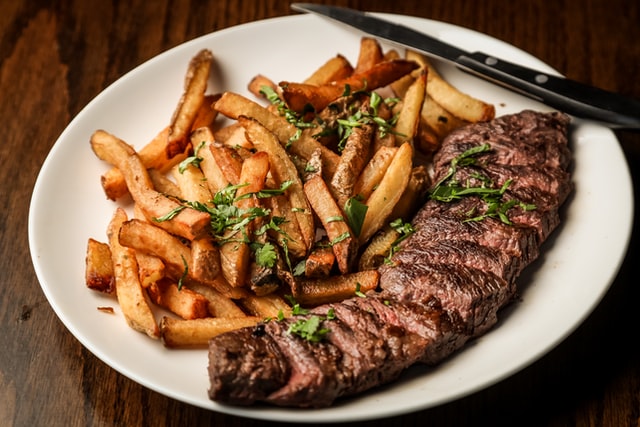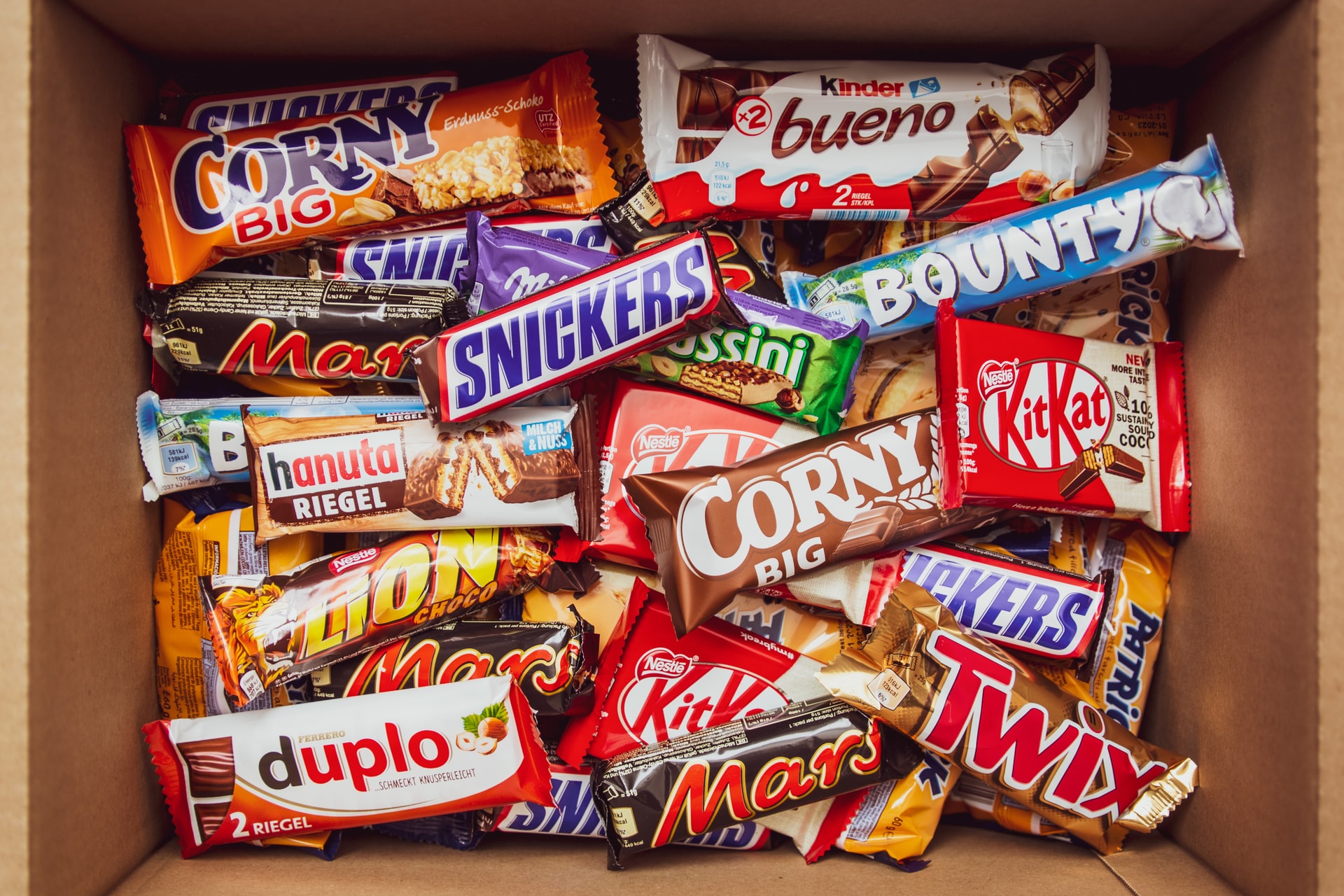Largest Impact Foods on Climate Change
Meat and diary produce the most impact on climate change. It accounts for about 14.5 percent of the world's greenhouse gases each year, which is about half of the emissions from all the cars, trucks, planes, and ships combined in the world today. Plant-based foods usually have the smallest impact. This is because how the products are made. It takes less to produce plant products than meat products. We have to first grow crops for animal to eat then let animals be turned into food for humans. It creates another whole layer. In general, it takes more land, energy, and water to produce animal food than plant food. It isn't necessarily that humans stop eating meat altogether. There are ways to create a sustainable food system to make producing food more efficient, like raising livestock on land that is unsuitable for growing crops or feeding more grass to cows.
Plant Foods
Vegan diets certainly have the smallest climate footprint, and it would certainly be good if everyone went vegan. However, that is just simply not possible. Another easier approach would to eat less red meats like beef and eating more vegetables. It is also healthier to eat more vegetables and less red meat, as long as you are getting enough protein. Vegetables have better and more health benefits than meat products!
Seafood
Seafood actually has a pretty small climate footprint. The main emissions are the fuel being burned by fishing boats. Bigger fishes and seafoods like lobster demand more fuel for the fishing boats so they have a bigger footprint. Compared to the bigger picture in food though, seafood is about in the middle of the spectrum. Red meats being the most carbon footprint while plant food being the lowest.
Food Waste
Food waste is a big problem and impact in climate change. Americans throw out about 20 percent of the food they buy, the highest estimate of all countries. Restaurants and food service stores cook too much and grocery stores overstock products and end up expiring. Not only does it use energy to produce the food, resources and energy go in throwing and disposing all of that wasted food. It creates a waste of emission at every stage of the food system. We throw away so much food yet there are a good portion of the world that is food insecure.
"Throwing away food is like stealing from the table of those who are poor and hungry."
— Pope Francis














